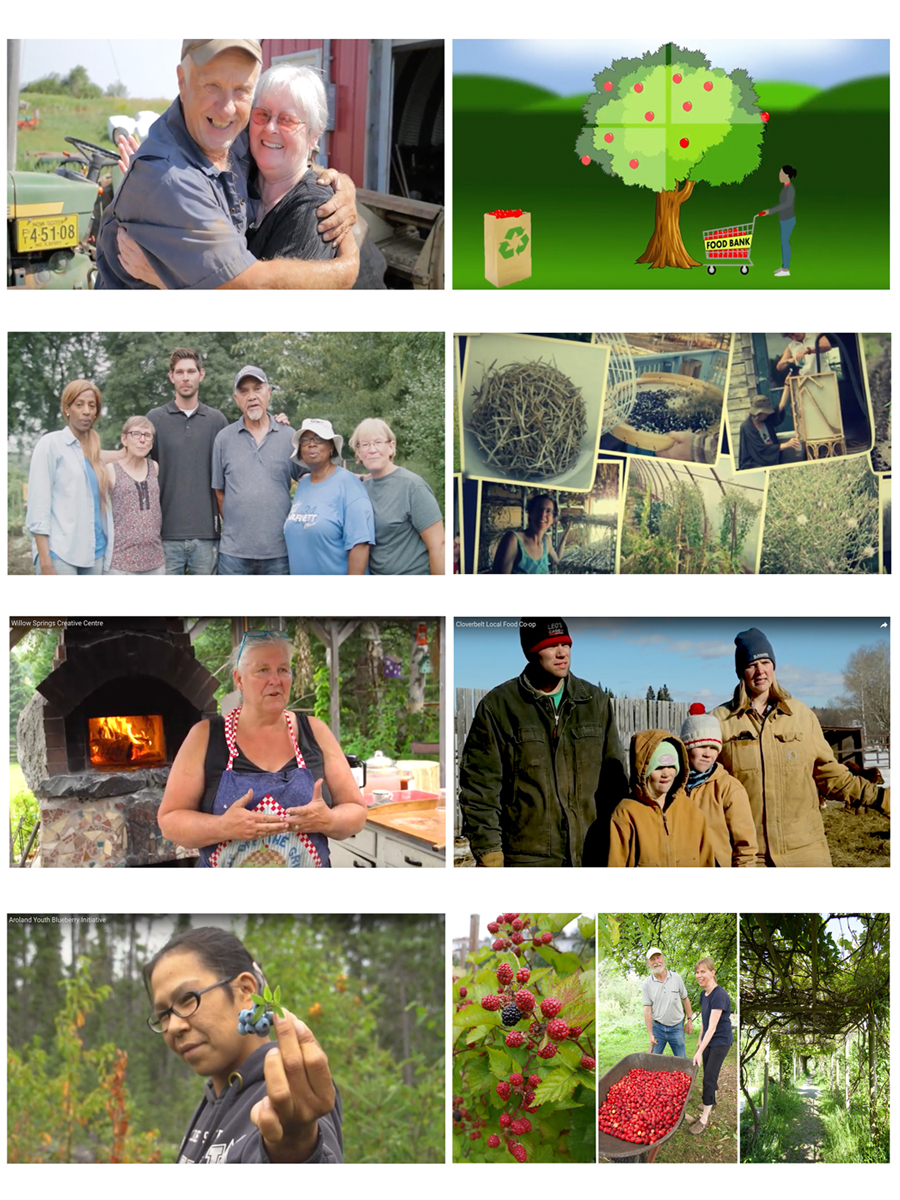A perspective on social economy and food systems: Key insights and thoughts on future research
DOI :
https://doi.org/10.15353/cfs-rcea.v6i3.355Mots-clés :
social economy, informal economy, context-dependent diversity, food systems, social economy of foodRésumé
For a concept that was largely outside of the public gaze a decade ago, “social economy” has, in a short time, captured the attention and imaginations of civil society organizations, mainstream institutions, and funders. Local and national governments, international agencies and foundations are embracing the social economy in an effort to generate new models for development and sustainability. This turn requires clarity and critical reflection on what “the social economy” entails and its possible future directions. In this Perspective, we shed light on these areas, focusing on issues of sustainability and food systems, and in the process, advance three arguments. First, context-dependent diversity is a defining characteristic of social economy. Second, though frequently positioned as a counter-point to neoliberalism, the social economy is far broader and more nuanced. Third, research in the social and informal economies of food has opened critical discussions on the appropriate pathways, effectiveness and viability of such initiatives to transform food systems that structurally promote marginalization, exclusion, food insecurity and ill-health for many. In the current rush to brand all things “social economy”, such critical reflection will play a valuable role in shaping the discussion around those transformative pathways. We conclude by suggesting that the study of social economy has to include deliberate consideration of its informal manifestations, and that food studies scholars are challenged now to develop a comprehensive body of scholarship that articulates impacts and value of social economy in creative and compelling ways.
Téléchargements
Publié-e
Comment citer
Numéro
Rubrique
Licence
Les auteurs qui publient avec cette revue acceptent les conditions suivantes: Les auteurs conservent les droits d'auteur et accordent à la revue le droit de première publication avec l'œuvre sous licence simultanée Creative Commons qui permet à d'autres de partager l'œuvre avec une reconnaissance de la paternité de l'œuvre et de la publication initiale dans cette revue. Les œuvres publiées dans RCÉA/CFS avant et incluant le vol. 8, n° 3 (2021) sont sous licence Creative Commons CC BY. Les œuvres publiées dans le vol. 8, n ° 4 (2021) et après est sous licence Creative Commons CC BY-SA. Les auteurs peuvent conclure des accords contractuels supplémentaires séparés pour la distribution non-exclusive de la version publiée de l'ouvrage par la revue (par exemple, l'ajouter à un dépôt institutionnel ou le publier dans un livre), avec une reconnaissance de sa publication initiale dans ce journal. Les auteurs sont autorisés et encouragés à publier leurs travaux en ligne (par exemple, dans des dépôts institutionnels ou sur leur site Web) avant et pendant le processus de soumission, car cela peut conduire à des échanges productifs, ainsi qu'à une citation plus précoce et plus importante des travaux publiés. (En savoir plus sur le libre accès.)





